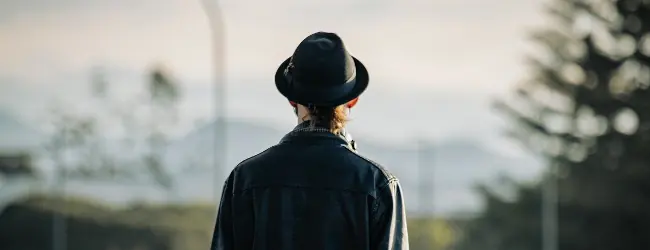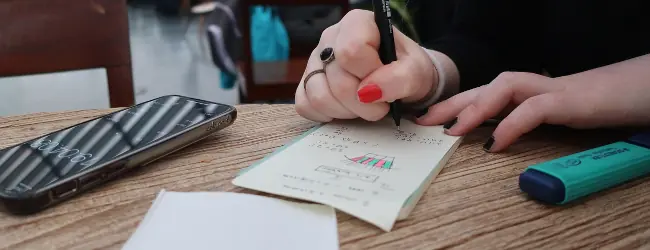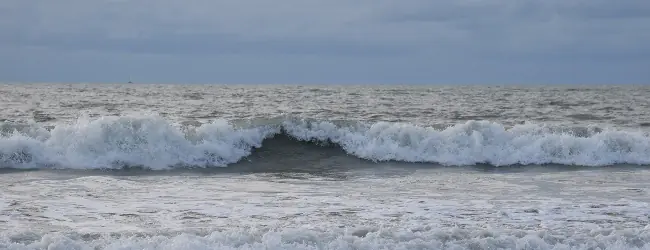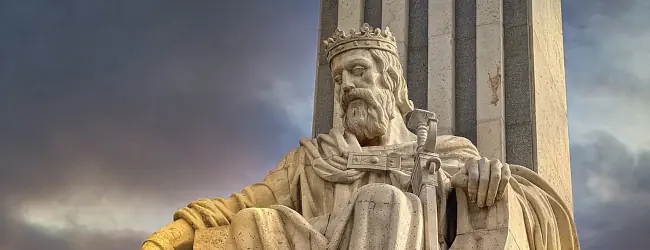In recent years, I have experienced several new lifestyles as an investor. They were fresh for me. Today, I will introduce them.
What is the mindset when preparing?
Sometimes, we want to know others’ lifestyles or mindsets, especially if we have individuality. We cannot live the same way as our surroundings.
The unique way of life or mindset of others shows us another opportunity. If we find a good lifestyle that suits us, we can learn it and improve our lives.

However, we sometimes don’t have the opportunity to learn about others’ lifestyles.
Today, I will introduce the new mindsets I recently acquired as an investor. We could use them when we prepare for the future because investment is the same as preparation. This knowledge might tell us a new way of living.
New things I have learned as an investor these years
Perhaps there would be fundamental requirements for investors. For example, we might need several talents, such as a logical sense to predict the future, a personality that makes us prioritize the future over the present, or a mental condition that allows us to balance them.
However, I will omit them this time because this blog’s readers would tend to have those qualities. Let me introduce more specific examples.

In recent years, I learned several things by investing, as follows:
- Preparing for the future makes the rest easier.
- Investors don’t need to create value or products directly.
- It requires the talent to enjoy our lives even without money.
- It requires the nature of not being good at competition.
Let’s see them below.
1) Preparing for the future makes the rest easier.
First, preparing for the future makes the rest easier. Preparations make us feel grateful for those preparations when things get tough in our lives.
There are times in life when things don’t go well, no matter how much we struggle. Our lives are like waves. We have upside and downside tides.
Those opposite tides improve another aspect of our lives. For example, when we are on an upside tide, we might focus on material abundance and let go of spirituality. On the other hand, when we are on the downside, we might create mental abundance but give up material improvements. We have such duality.

In such waves, leaving some abundance for the future will help later. If we leave our material abundance, we can focus on our minds more easily without anxiety. Reducing exhausting relationships makes it easier to move on to the next stage later.
I have experienced those tough times several times. Every time I was in such a situation, I was deeply grateful to my past self. My past preparation gave me the resources and peace of mind to modify the direction of my life.
Life is a long-term game. There are waves that we have to balance our duality. We can exchange a little less of what is valuable with affordable, necessary things in the long term. That often works for the future.
2) Investors don’t need to create value or products directly.
Second, investors don’t need to create value or products directly. This allows us to wait. In other words, we can understand the main task of investors is to wait.
Investing is the activity of letting our money work for us instead of us working.
It is the same as a king of a kingdom. The king appoints suitable personnel as ministers or a prime minister. Those ministers administer the kingdom. The king doesn’t need to do those tasks directly. His work is deploying personnel appropriately, worrying about their suitability, and waiting for the result. If he can do them well, all that is left to do is to be respected.

In investment, we use our money or resources appropriately to make our future abundant.
In other words, as long as we think we have invested our resources effectively, all we have to do is wait. We don’t have to work as employees of the company in which we invested. Predicting the future, preparing, worrying, and waiting is our work.
3) Investment requires the talent to enjoy our lives even without money.
Third, investment requires the talent to enjoy our lives even without money.
We invest our money or resources first, then enjoy everyday life with the rest. Having assets means being able to neither exchange all of them with cash nor spend them freely for luxury. We have to live far more frugally compared to the amount of our assets, especially in the early days of investment.
Although many envy people with high assets, it doesn’t mean they can use them freely. We sometimes might look at the ranking of billionaires. Some might say with surprise, “This person has 200 billion dollars!” However, those riches don’t have assets in cash. The amount of assets and the amount of money that they can use freely are different.

Perhaps that is why independent investors or self-made riches tend to be frugal. They eat affordable foods, prefer used cars, and focus on what they love. They know the difference between price and value.
On the other hand, employees tend to like valuable things. They try to own trendy things or expensive statuses as much as possible. That makes their assets decrease.
If we can enjoy our lives without money, that gives us more room to invest. That allows us to prepare for the future efficiently.
4) Investment requires the nature of being not good at competition.
Finally, investment requires the nature of being not good at competition.
Investment is not a competition but preparation. Competition is for excitement. On the other hand, preparation is a means of peace of mind. That is why we have to distance ourselves from people’s enthusiasm.
Perhaps that is why people who want a secluded life in the countryside are suitable for investing.

Those realizations changed my lifestyle. The lifestyle ‘prepare and wait’ is an example. After I prepared enough, I was able to relax.
After I solved my inferiority complex, I was able to wait. Until several years ago, I thought doing nothing was a waste of life. However, now I understand that it is also good to live a life of waiting with anticipation for the future. We can enjoy the hope.
Perhaps that would be one example of the effective ways to use our empathy and creativity.
Conclusion
They are the new ways of thinking I recently learned as an investor.
This lifestyle could be a new opportunity for someone like me.
This knowledge might tell us a new way of living.
Thank you for reading this article. I hope to see you in the next one.


